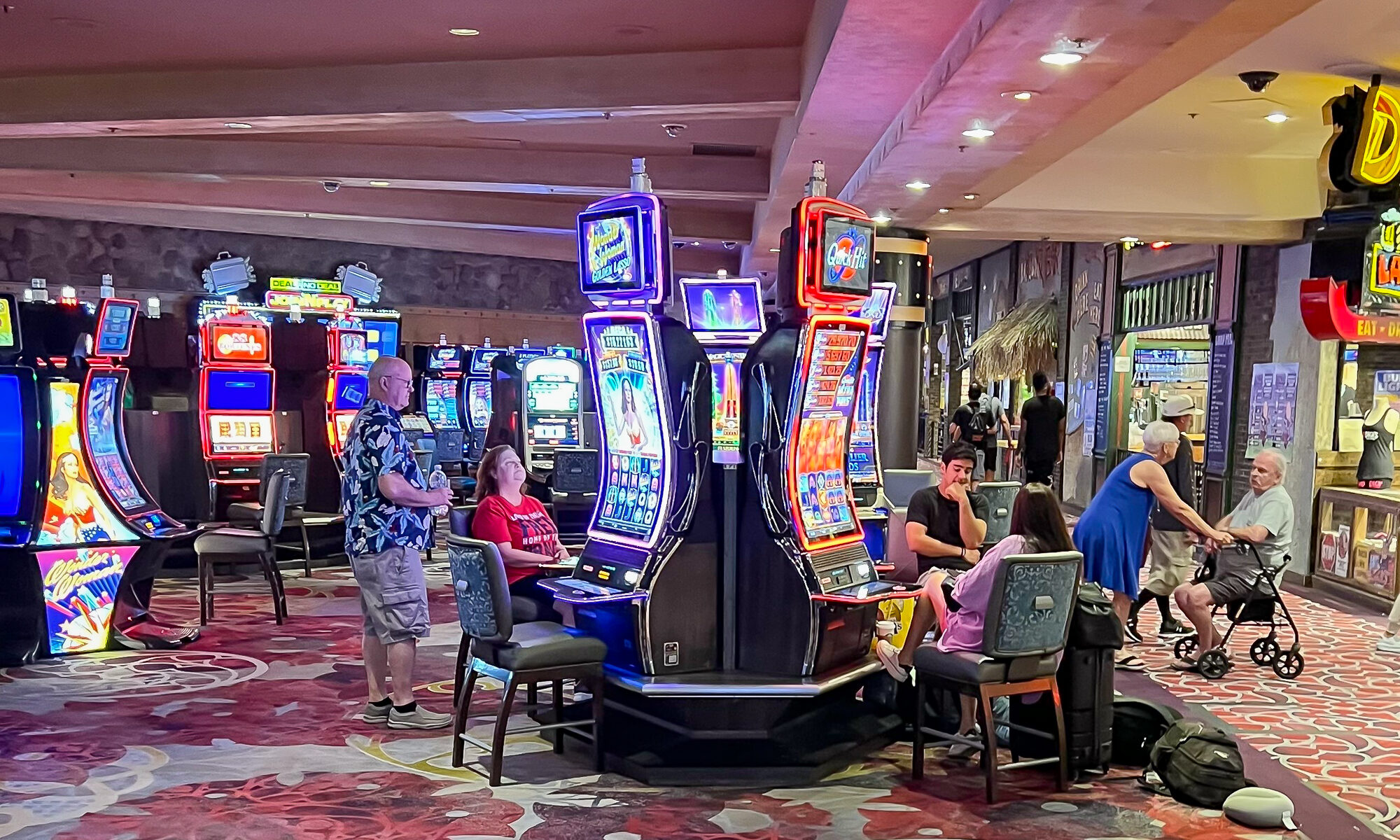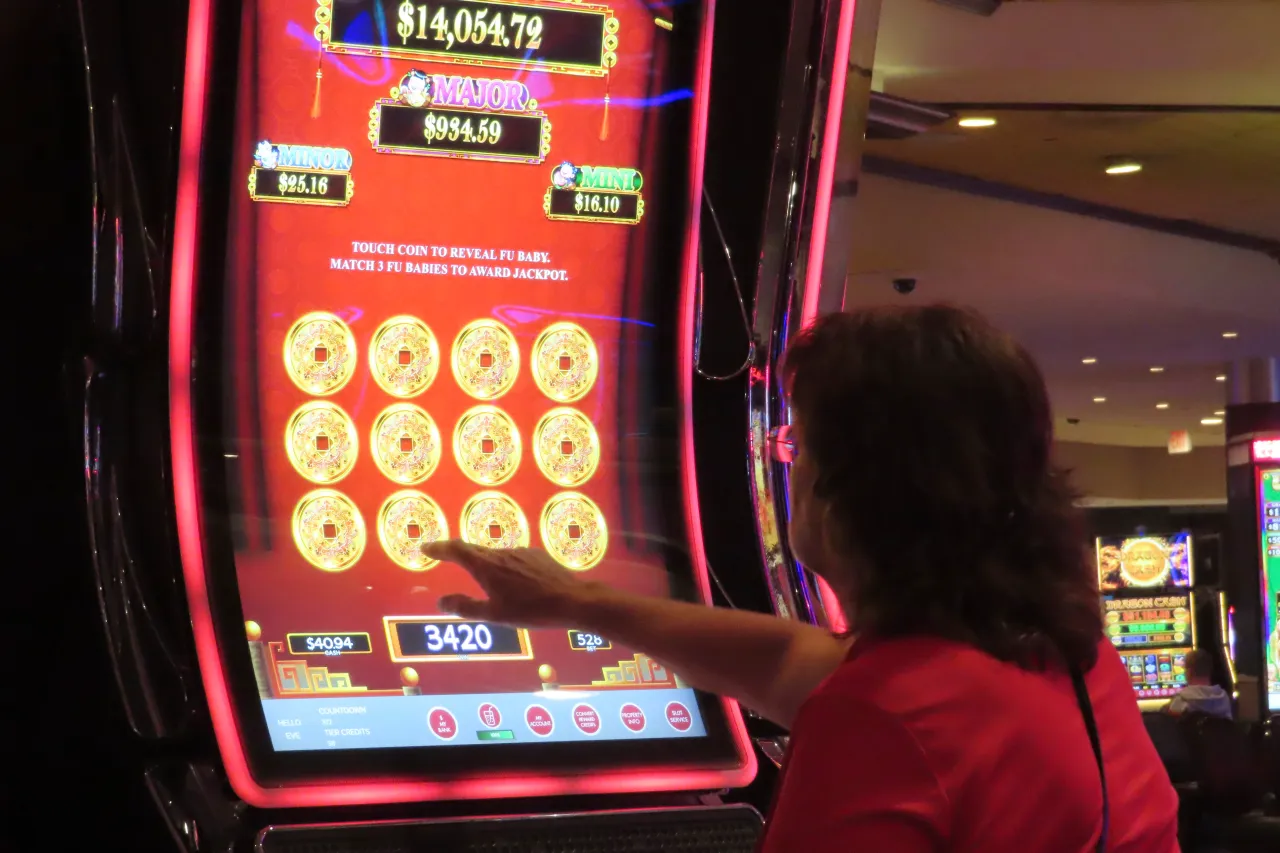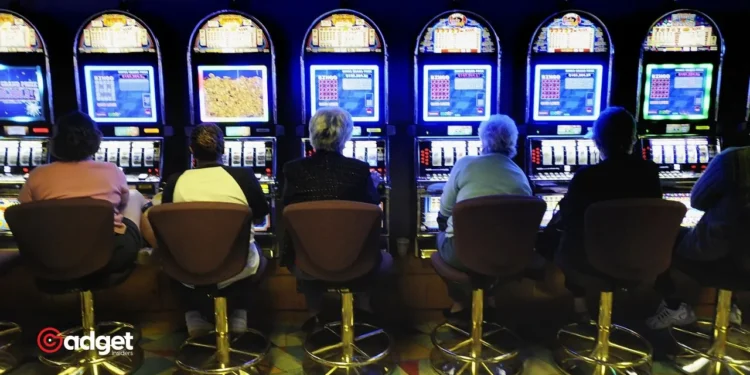In what reads like a plot twist from a blockbuster movie, a casino patron is gearing up for a legal showdown with a major casino. The dispute centers around a denied payout of a staggering $1.2 million, which the woman claims she rightfully won. This incident has ignited a heated debate on consumer rights and the ethics of gambling establishments.

Legal Implications and Consumer Protection
The controversy began when Jane Doe, a frequent visitor to the casino, thought she had hit the jackpot of her dreams. “I couldn’t believe my eyes when the machine flashed the amount I had won,” Doe recounted. Her excitement, however, was short-lived. Casino officials intervened, asserting that the win was due to a machine malfunction and therefore, void.
“I was devastated. They congratulated me one moment and the next, they were voiding my dreams,” Doe explained. This response from the casino has led to an outpouring of support for her from the public and sharp criticism of the casino’s practices.
Community and Industry Reactions
Doe’s attorney, Alex Johnson, argues that the casino’s claim lacks substantial evidence. “The terms and conditions governing these games are notoriously complex, and customers are rarely aware of these technicalities,” Johnson stated. He further emphasized that the burden of proof lies with the casino to demonstrate the alleged malfunction clearly.

The legal battle that Jane Doe is preparing to wage highlights a critical issue: the transparency and fairness of casino operations. Consumer protection advocates have rallied around Doe, suggesting that this incident could be a watershed moment for regulatory reform in the gambling industry.
Jackpot Dispute Spurs Debate on Casino Power
The case has stirred a considerable amount of discussion among both legal experts and casino patrons. Many are questioning whether gambling establishments hold too much power over the winnings and rights of players. “This isn’t just about one jackpot or one person; it’s about setting a precedent that protects all players, ensuring fair play and transparency,” noted Emma Thompson, a consumer rights activist.
Meanwhile, the venue maintains its stance, with a spokesperson stating, “We follow strict regulations and auditing processes to ensure the integrity of our games. The decision to void the jackpot was difficult but necessary under the circumstances.”

As Jane Doe prepares for her day in court, the outcome of this case could have far-reaching implications for the gambling industry. It calls into question the balance between operator policies and consumer rights, and whether the scales are tipped too heavily in favor of industry giants.
This case not only challenges the legal frameworks governing gaming and betting but also tests the moral compass of those at the helm of these institutions. As the legal proceedings unfold, all eyes will be on how this battle over a jackpot will reshape the gambling landscape.
With stakes this high, both in terms of money and ethical considerations, the case promises to be as compelling as the games of chance that spark it. As Jane Doe’s battle continues, it serves as a stark reminder of the fine line between fortune and folly in the world of gambling.









